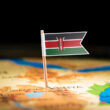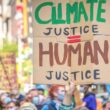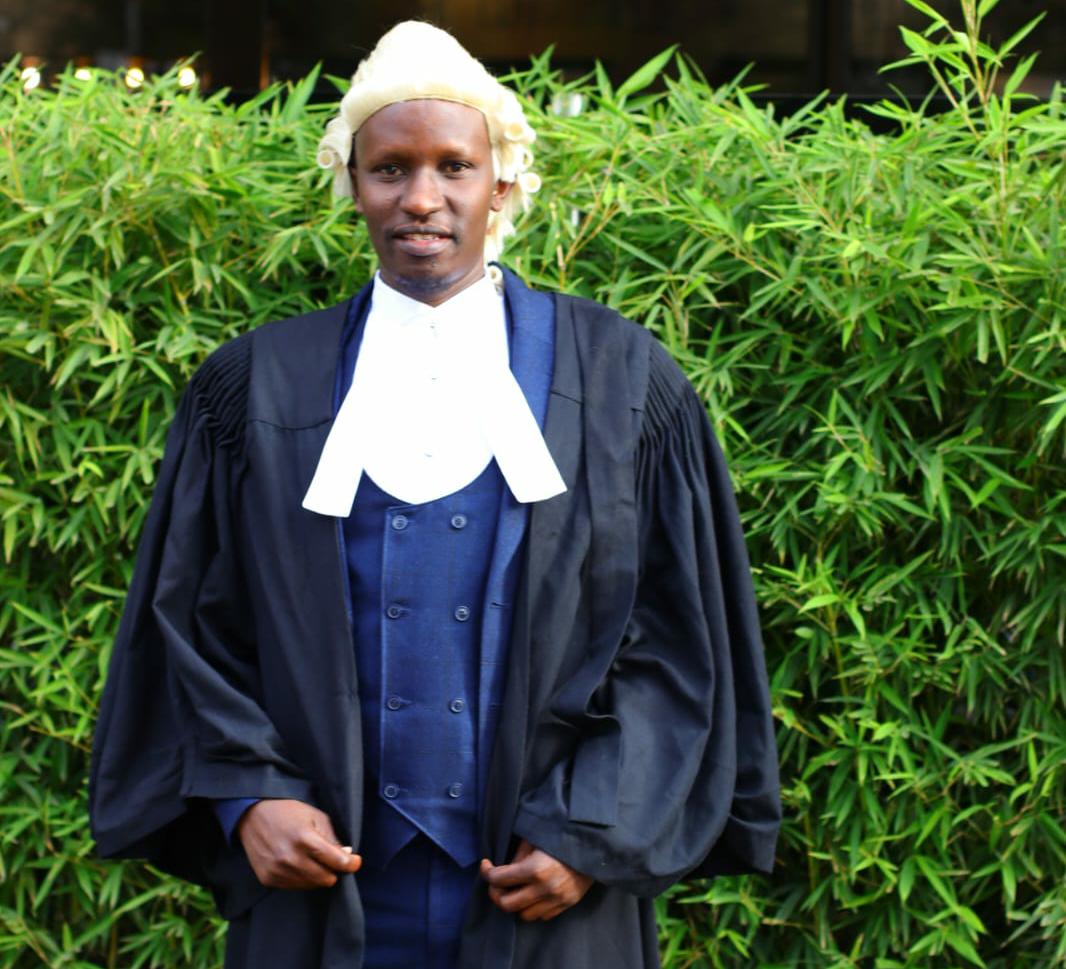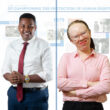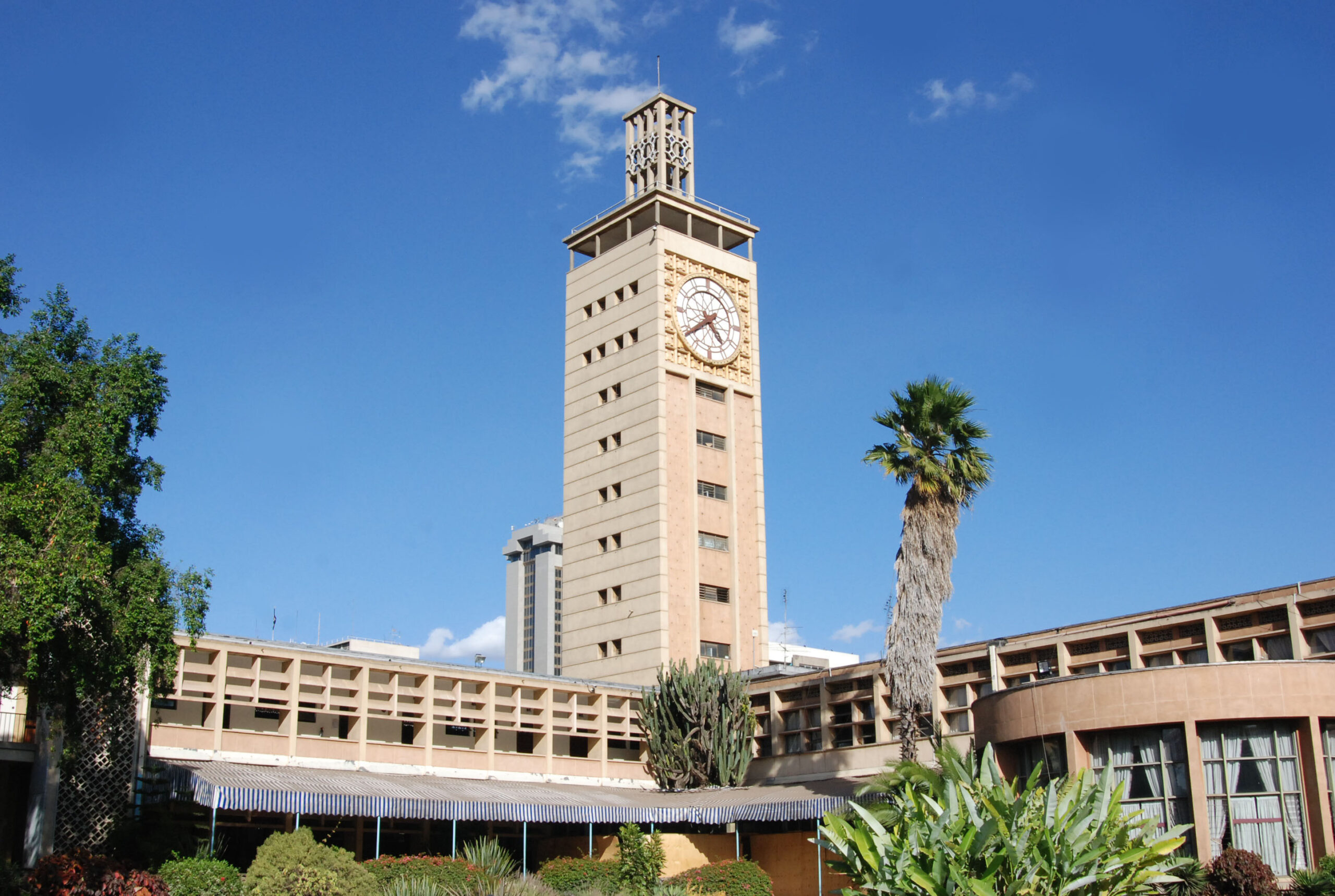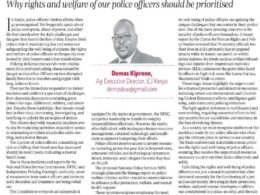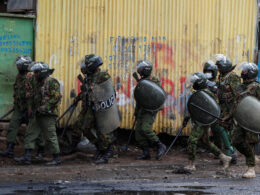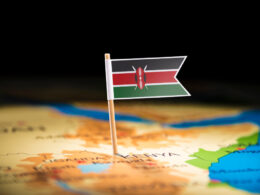NAIROBI,Kenya – In 1994, Rwanda witnessed one of the darkest chapters in human history—the genocide that claimed the lives of nearly a million people. The world stood by as neighbour turned against neighbour,ethnic tensions erupted,and mass violence unfolded.
The Rwandan genocide,primarily fueled by long-standing ethnic divisions between the Hutu and Tutsi communities, resulted in widespread atrocities. Men,women,and children faced unimaginable brutality,with widespread killings,sexual violence,and displacement leaving the nation scarred.
The international community faced criticism for its slow response and failure to prevent the bloodshed. The United Nations Security Council, despite being aware of escalating tensions, struggled to mobilize effective intervention,leading to a sense of abandonment among the Rwandan people.
Amid the horrors and healing that would follow the tragic events,Vincent Kimathi,an Advocate of the High Court,an avid human rights champion and a Programme Manager at ICJ Kenya would hear stories of the pogrom as a young lad back in his native Meru home.
The stories of the dreadful period often sounded inconceivable to a young Kimathi,seemingly pulled from the darkest corners of fiction,as ominous shadows enveloped narratives that would be relayed to others and meant to serve as a warning of the dangers of ethnic rhetoric.
For Kimathi,these stories would however go on to steer him to the path of justice,as he would be burdened with glorious purpose to pursue a career in law and defend those often neglected by society.
“To achieve my goals,I sought an institution whose values would align with mine, this led me to explore an opportunity to volunteer at the Kenyan Section of the International Commission of Jurists (ICJ Kenya),” noted Kimathi.
His journey within the legal profession has been a learning curve at every single point,from his days as a student leader at the Jomo kenyatta University of Agriculture and Technology (JKUAT), the Kenya School of Law, his various stints as an intern at reputable law firms and finally at ICJ Kenya where he scaled the heights from a volunteer to a manager in-charge of the human rights programmes.
The juxtaposition is striking – a lawyer who grew up witnessing wrongdoing from the Rwandan point of view and even Kenya’s dark past regarding the post election violence of 2007/08 is now actively involved in seeking justice for others who have faced similar circumstances.
Kimathi’s unique perspective allows for a nuanced understanding of the complexities surrounding these cases,offering empathy and insight that transcends the boundaries of traditional legal advocacy.
“Since 2015,ICJ Kenya has been actively monitoring the Transfer of genocide cases referred to Rwanda’s national courts to assess state compliance with domestic,regional,and international standards of due process and fair trial rights in international criminal cases.As a Programme Manager one of my responsibilities is to monitor the transfer cases in Rwanda on behalf of the organization,” he said.
In 2023, Kimathi under ICJ Kenya visited Rwanda at least seven times, observing,documenting and generating reports of the fair trial processes ensuring that they conform to international standards. While monitoring these atrocity cases, he also documents and ensures that states adhere to the Nelson Mandela rules,emphasizing the rights of prisoners.
His shadow reporting and lobbying has also seen him work with monitoring bodies on international human rights treaties such as the African Commission on Human and Peoples Rights (ACHPR), the United Nations Convention Against Torture (UNCAT),Universal Periodic Review (UPR),the International Covenant on Civil and Political Rights (ICCPR).
“The legal system of Rwanda is based on the civil law system. In its efforts to modernize the legal system and integrate it into the East African Community and the Commonwealth, the legal system is gradually moving toward a Common law system. Traditional law is treated as a third pillar of the Rwandan legal system, as seen in tradition-based gacaca and abunzi,” observed Kimathi.
Dealing with atrocity cases presents emotional tolls,complex legal intricacies,gathering sensitive evidence and navigating international legal frameworks, making it a challenging and demanding task.
“Dealing with the traumatic details of atrocity cases in court can take a significant emotional toll on you. However, the quest for justice for the atrocity victims keeps me moving” he noted further saying that,”Working towards holding perpetrators accountable and seeking justice for victims provides a strong sense of purpose and moral duty because successful prosecution of atrocity cases can contribute to societal healing and reconciliation,”
As a result of the legal interventions Kimathi has been able to monitor and document while at ICJ Kenya,the Rwandan justice system continues to address historical atrocities, further ensuring victims receive justice,reparations while enshrining a culture of accountability and international cooperation.
Several materials have been produced by ICJ Kenya documenting the metamorphosis of monitoring atrocity cases in Rwanda as well as the right to fail trial for persons accused of the same.These legal materials as such, serve as educational and reference sources for legal practitioners.
As a result of this meaningful work there has been state compliance with domestic,regional, and international standards of due process and fair trial rights in international criminal cases.
Kimathi who now aspires to be in a position where he can influence redress for victims of atrocity crimes says that it is crucial to remember the importance of fostering global unity, preventing hatred, and addressing the root causes of conflict.
The Rwandan genocide serves as a stark reminder of the consequences of indifference and the need for collective action to prevent such atrocities in the future.



